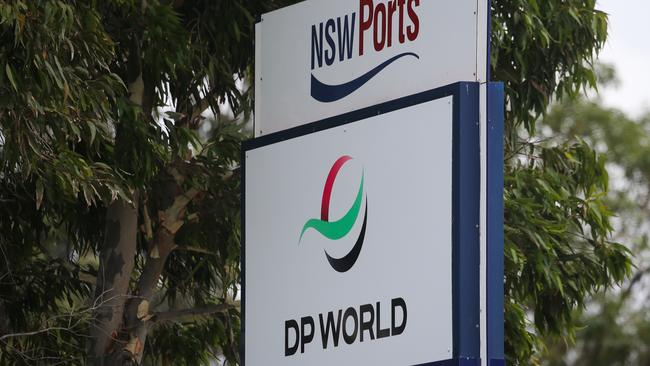Companies finally reassessing the risks of storing personal information, McGrathNicol says
Cyber attacks against corporate Australia are causing many businesses to reassess the collection and storage of personal information, says restructuring and advisory firm McGrathNicol.

Australian companies plan to cut the amount of personal information they collect from consumers in a bid to slash the risk of cyber attacks, underlining one of the biggest challenges facing corporate Australia in 2024.
Restructuring and advisory firm McGrathNicol said businesses were becoming aware of the risks cyber threats pose and were increasing plans to mitigate the financial or reputational impact of a breach.
Cyber threats have increased in frequency over the past year and impacted all parts of the economy from DP World to Latitude Financial and HWL Ebsworth, and more recently Court Services Victoria and health network operator St Vincent’s.
McGrathNicol chairman Jason Preston told The Australian that the cyber risk was not going to disappear.
“There’s real regulatory consequences now for companies getting in this situation with potential theft of personal information. As a result there has been a shift from seeing cyber resilience as a cost of the business to one of managing the consequences now,” he said.
“Companies are saying ‘if I’m not doing what’s expected of me by the market, by my customers, by the regulators, then as a director, I’ve got a real exposure, and reputationally the business has exposure’.”
Cyber crime was the single biggest external threat to running a business, some of the country’s top corporate leaders told The Australian’s 2024 CEO survey, published last month.

Mr Preston said that there had been a steady increase in recent months of companies waking up to the challenge that cyber threats pose and reviewing what information was held and whether it was required.
“Managing information has become a real focus, particularly for large organisations that hold a lot of private information,” he said.
Latitude Financial was hacked by cyber criminals in March last year and the details of 14 million customers were stolen, including personal information from clients as far back at the mid 2000s.
Mr Preston said businesses needed to understand what private information was being held and challenge themselves whether they needed to have it – and if not, then decide how to dispose of it or to ensure it was protected and isolated if needed.
“It’s really important for directors and management teams to understand what good looks like from a cyber resilience and information management perspective,” he said. “It is about understanding how to better manage the consequences if there is a breach, so companies are now shifting their focus to those points given recent events.”
While businesses were having to deal with the continuous threat of cyber, there was also the risk posed by a slowdown in the economy thanks to an aggressive run of interest rate rises and a high inflationary environment.
The advisory and restructuring firm expected that economically conditions would continue to be tough for companies and insolvencies would climb – notably in the construction, accommodation, food services and retail sectors due to sluggish demand.
Data from the Australian Securities and Investments Commission showed that there have been 4293 reported insolvencies in the financial year to November — more than in the entire 2021 fiscal year – and 36 per cent more in November 2023 than in the previous year.
Mr Preston said that insolvencies were trending slightly above pre-Covid levels and with the current macroeconomic environment, the number of businesses going under was likely to climb for at least the next six months.
“It’s hard to see any real improvement in the conditions in those sectors over the next 12 months — certainly in the first half of next year,” he said.
He said that after having suffered from fixed price contracts in a high inflationary environment, the construction sector faced further headwinds from a slowdown in economic activity that was reducing demand for property and infrastructure.
“We’ve already seen a pullback in the home building market and now governments are trying to defer and push out some of that big infrastructure budget,” Mr Preston said.
“So while I think they’re still going to face labour challenges and supply costs not rising as rapidly, we are going to be in an environment where demand might weaken, which could be quite a competitive environment for them.”




To join the conversation, please log in. Don't have an account? Register
Join the conversation, you are commenting as Logout